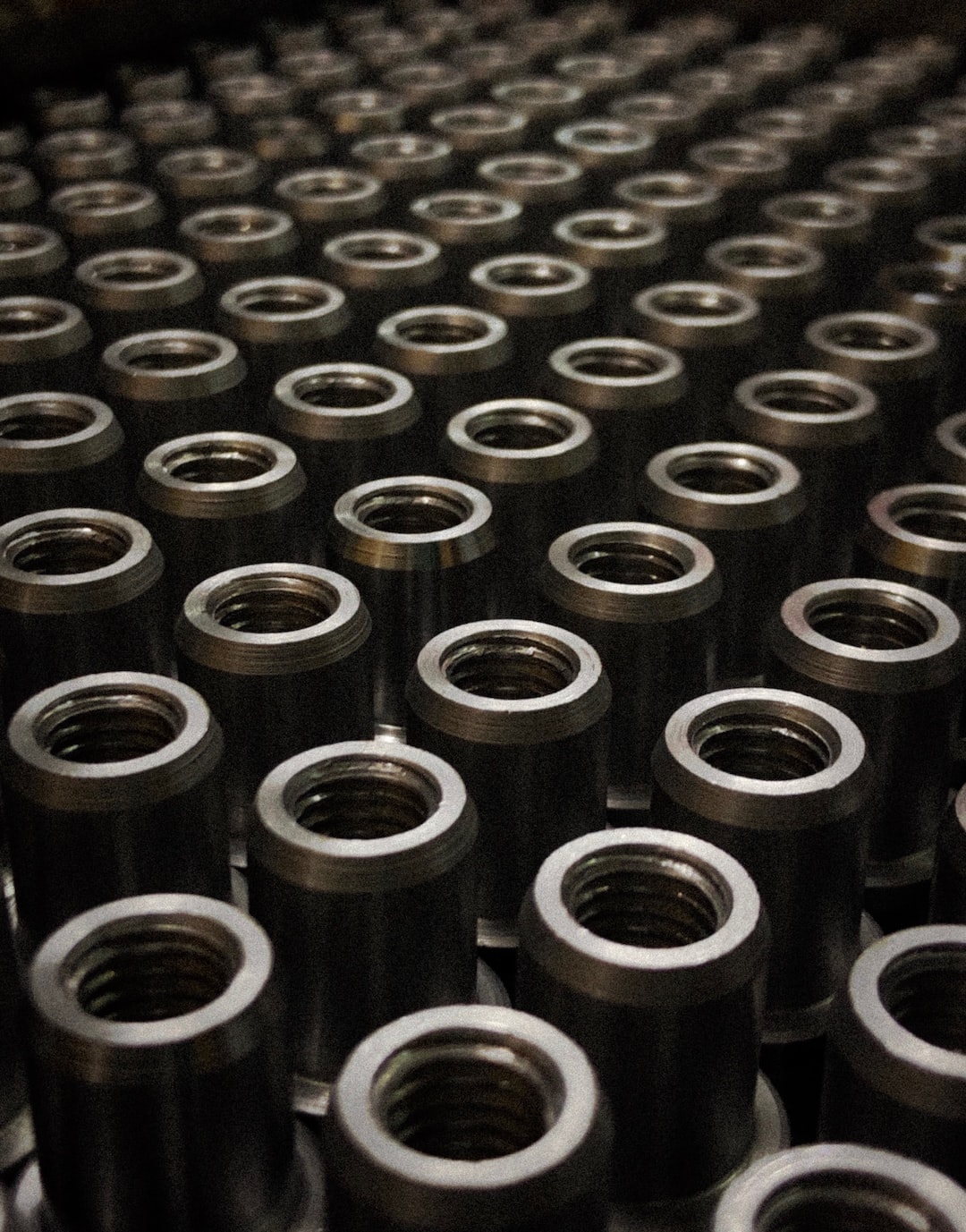Artificial Intelligence (AI) has revolutionized various industries, and the manufacturing sector is no exception. With advancements in technology, AI has made significant impacts on the manufacturing industry. From streamlining processes to improving efficiency, AI has transformed the way manufacturing businesses operate.
One of the significant impacts of AI on the manufacturing industry is process automation. Manufacturers are now implementing AI technology to automate repetitive tasks such as assembly line operations, quality control, and inventory management. Automated systems can perform these tasks more efficiently than humans, reducing the probability of errors and improving overall productivity. This allows manufacturers to save time, resources, and reduce costs. Moreover, the use of AI-powered robots and machines ensures consistent results, leading to higher product quality.
Another significant impact of AI is predictive maintenance. Traditional maintenance practices rely on scheduled inspections or reactive maintenance, which can lead to unexpected downtime and increased costs. However, AI enables manufacturers to monitor equipment health in real-time, predicting when machines or components might fail. By implementing AI-powered predictive maintenance, manufacturers can detect abnormalities or signs of potential failure in machinery, allowing them to perform maintenance before any significant breakdown occurs. As a result, manufacturers can reduce downtime, increase equipment lifespan, and improve productivity.
AI also plays a vital role in improving supply chain management. With the help of AI, manufacturers can analyze data and make accurate predictions about demand, inventory levels, and deliveries. By analyzing historical data and current market trends, AI can optimize inventory levels, reducing excess inventory while ensuring products are available when the demand arises. Additionally, AI algorithms can optimize delivery routes and schedules, reducing transportation and logistics costs, ultimately benefiting the manufacturer and end consumer.
Quality control is another area where AI has made a significant impact. Manufacturers can now use AI technology to identify defects or inconsistencies in products during the manufacturing process. AI-powered computer vision systems can detect even the smallest flaws that may go unnoticed by human inspectors. This enables quick detection and resolution of quality issues, improving overall product quality and customer satisfaction.
However, the adoption of AI in the manufacturing industry also brings challenges. One of the major concerns is the displacement of jobs. As automated systems take over repetitive tasks, there is a potential risk of job losses for manual laborers. However, it is important to note that AI also creates new job opportunities such as AI system development, maintenance, and oversight. Furthermore, AI can help enhance the skills of existing employees, allowing them to focus on higher-value tasks that require human judgment and creativity.
In conclusion, AI has had a profound impact on the manufacturing industry. Process automation, predictive maintenance, improved supply chain management, and enhanced quality control are just a few of the many ways AI is revolutionizing manufacturing. Although there are challenges to overcome, the benefits of implementing AI in the manufacturing sector outweigh the drawbacks. With continuous advancements in AI technology, the manufacturing industry can continue to evolve and thrive in the digital age.

